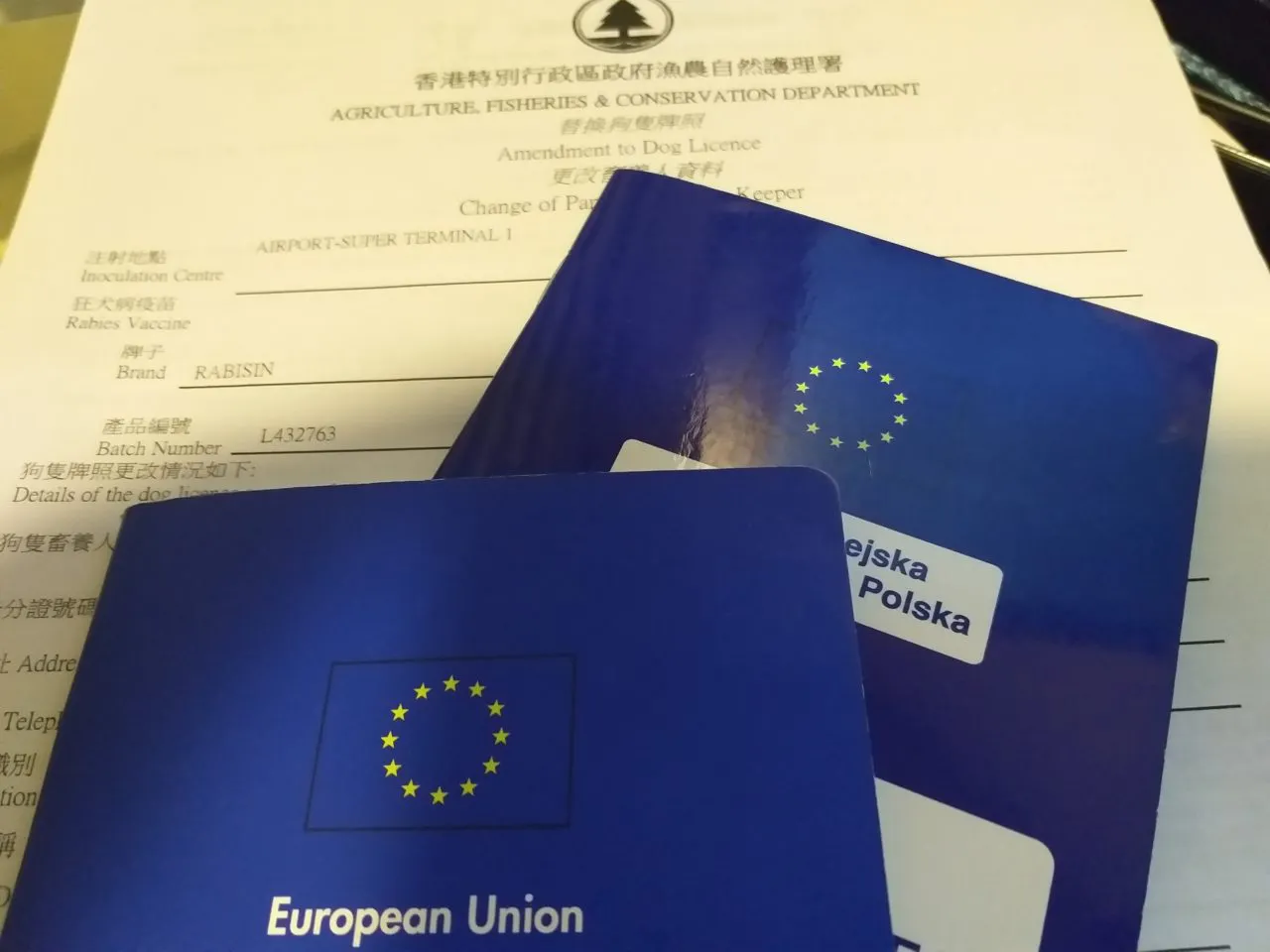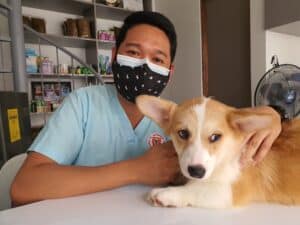Health Certificate for Dogs & Cats
A health certificate is an official document issued by a licensed veterinarian that certifies your dogs and cats are healthy and fit for air travel. It includes vaccination records, proof of rabies vaccination, and details of a recent physical examination. This certificate is required by most airlines to ensure the safety and health of all passengers and animals on board. To obtain one, schedule a vet appointment within 10 days of travel, bring your dog’s medical records, and ensure all vaccinations are up to date.
If you’re planning on your pet travelling to another country then a health certificate may be necessary. Pet health certificates are documentation which allows your pet into different countries without being quarantined. Governments require it, but also so do the airlines, for safety’s sake. To obtain the health certificate your pet will have to be examined be a veterinarian and the certificate will attest that at the time of examination your pet was fit and healthy and of the required standard of health to travel.
The health certificate will also indicate that your pet does not have any illness or infection that have the potential to be passed to other animals (contagious) or people (what are known as zoonotic diseases).
The health certificate examination process could involve your pet being prescribed worming tablets and you may also be required to update or further vaccinate your pet to meet the required standards of the country of destination.
Some vets may also suggest follow-up examinations post-travel to check for any ill-affects travelling may have had on your pet.
Destination
Health certificates can vary depending on the country your pet is travelling to; therefore, it is vital you check first what documents you will need to produce.
Some countries do not accept a certain format of health certificate, while others require aspecific type of national document, or additional paperwork to be completed.
Countries like New Zealand, EU, Singapore, Australia have their own specific certificate with different requirements that must be adhered to. There is also a standard International Health Certificate which is used mainly for those travelling across the USA. However, various other countries have now adopted it. Countries in the EU/EEA use both the certificate and the pet passport.
Your pet will not normally be allowed into a country with a health certificate alone, instead the certificate makes up part of the essential documentation needed to allow your pet to safely and easily travel. The dates of which certificates should be obtained by varies from country to country – so again, it is vital to check what requirements your destination has. They can vary from weeks to a couple of days.
Additionally, some countries require certificates to be translated into the native language and will need to be done by a legally recognised translator. This may be particularly true if English is not a widely-used language at your pet’s destination.
The Certificate
The certificate includes very specific information about your pet. While, as previously mentioned, certificates vary from country to country they all include the same basic information.
The certificate will detail what immunisations your pet has had. This is particularly important depending on what entry requirements certain countries have on vaccinations. Certificates will usually also include the following information:
- Your pet’s name as stated on its passport and other registration documents
- Your (the owner) name, address and contact details
- A description of your pet’s appearance e.g. it’s colour, markings, distinctive features
- Their microchip details
- Pet breed
- Your (collection) address
- Date of birth
- Information on your pet’s vaccinations including type, batch number and date of immunisation (be aware of the vaccinations that are required by the country your pet is travelling to)
- A signed declaration by your vet that your pet is fit and healthy to travel, as well as being in overall good health, and that your pet has no diseases or illnesses that have the potential to affect other people or animals
Top Tips
- Make sure you check your paper work! Everyone makes mistakes; therefore, it is essential to check your vet has signed off all your paperwork accurately with the correct names, dates and numbers. If your paperwork is rejected this could cause serious delay to your pet’s travel arrangements or leave them stranded at an airport or at a quarantine station, or sent back to their port of origin.
- Start prepping early! Leave yourself plenty of time to get your documentation sorted. Start working with your pet relocator who is researching your destinations documentation, regulations and requirements for your pet as soon as possible to give enough time to organise vet appointments and potential vaccinations or immunisations boosters.
Click Here For Shipping Enquiry




